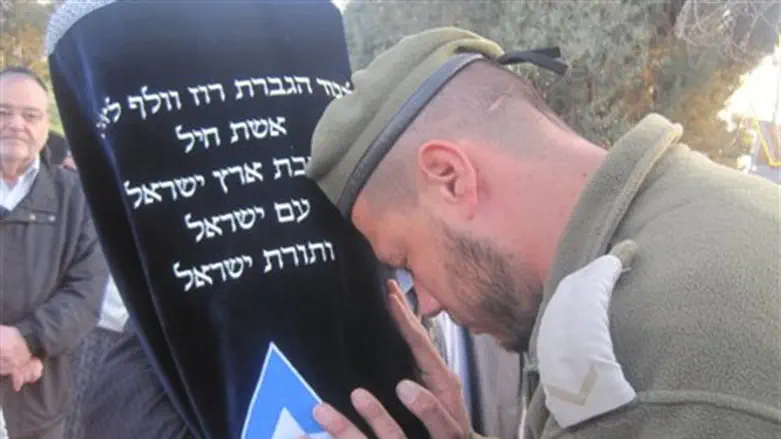
KEEPING THE COMMANDMENTS BEFORE THEY WERE GIVEN
There is a well-known tradition that Abraham, Isaac and Jacob kept the commandments even before the 613 mitzvot were given. The festival prayer books even claim that the patriarchs kept Simchat Torah.
The Ramban thinks that the patriarchs kept the commandments only outside Israel but not in the Promised Land itself, such as when Jacob and his family were in Haran.
This is hard to understand when we know that Rashi tells us that Jacob kept the 613 mitzvot even when he was living with Laban in Haran (Gen. 32:5): "Im Lavan garti" ("Ï dwelt with Laban") "v’taryag mitzvot sharmarti" ("and I kept the 613 commandments").
The best answer seems to be that the patriarchs had the gift of prophecy and realised what God wanted from human beings. Other Israelites did not have this spiritual sense and since this all took place before Sinai there was not yet a general obligation to observe the Divine laws.
Abraham, Isaac and Jacob did not have a duty to keep the commandments but imposed strict observance on themselves as a mark of love and personal stringency.
STRUGGLING ALONE
Jacob’s struggle was when he was by himself. The Torah says he was alone – "Vayyivater Yaakov levado" (Gen. 32:25).
In a historical sense that has been Jacob’s fate throughout the ages.
Very rarely have others sided with the patriarch’s descendants. In good times the nations have praised the quality of Jewish ethical teachings and home life. In difficult times there has generally been no sign of Jacob’s erstwhile friends.
This is not news; we know it all too well.
But how about reading the story in a personal psychological sense, that there have been many times when Jacob, alone, on its own, struggled with himself?
It has never been easy to be a Jew, nor has it ever been easy to be an ethical person. There has always been a temptation to give up the struggle and become like everyone else no longer being scrupulously careful to stick to principle.
It is no wonder that Psalm 15 praises the righteous person who upholds his personal integrity "to his own hurt".
JACOB’S NEW NAME
When Jacob was given the name Israel he was told, "You have struggled ('sarita') with God and man and have prevailed" (Gen. 32:29).
The new name is an improvement on its predecessor. Jacob – Yaakov – is linked with "akov", a heel. It indicates a birth experience, a brother who grabbed at his twin brother’s heel – not a nice characteristic, not a nice name, not a nice reputation to have.
The original name suggests a person who wanted to supplant his brother’s status; the new name indicates a person who fights and wins in a fair struggle.
The new name reflects the night-time wrestling of Jacob and his unidentified assailant. Presuming that the assailant was human, the name tells us that Jacob fought with a man.
But what about the idea of fighting with God? It is possible that, as with a number of other places in the Tanach, "God" in this verse is not to be taken literally. It is a metaphor. It does not refer to the Almighty but has the meaning of "a great, mighty person".
